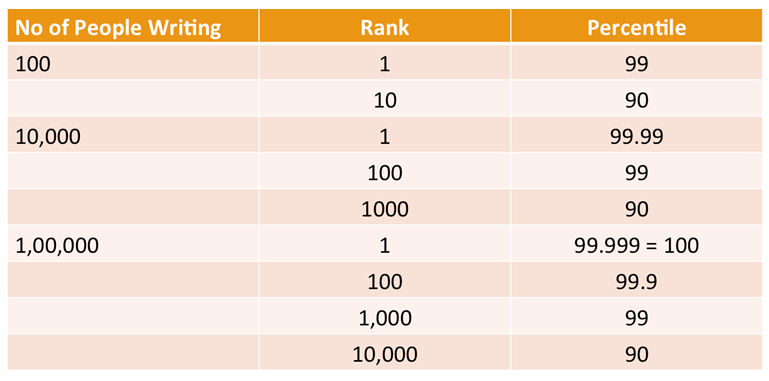It’s no secret that completing homework is stressful. If often feels completely overwhelming, especially for college students who are juggling multiple projects with looming deadlines, jobs, and social commitments. College life in itself is incredibly stressful and leaves many students feeling wrought with anxiety.
Whether you like it or not, completing assignments is a big part of the college experience. Whether it’s writing a paper, completing problems out of a textbook, or reading assigned chapters, there is a good chance that many of your evenings will be spent working on some sort of homework. Fortunately, though, there are ways to avoid stress while getting all of your work done on time. Here are a few tips on how to take the stress out of completing assignments.
Make Time Management a Priority
We get it. For many students, being away at college is their first real taste of freedom. It’s easy to fall into bad habits like staying up way too late binge-watching Netflix and sleeping in until just minutes before you’re due to be in class. If you waste your time on bad habits, you’re likely to be stressed about completing assignments on time.
Make time management a priority in your life. Use a calendar or planner to plot out assignment due dates and other commitments. Set aside some time each day for homework. Estimate how long it will take you to complete a project and break it up over several days instead of trying to get it all done at the last possible minute. The simple act of creating a schedule and sticking to it can take a lot of stress out of completing assignments.
Pay Attention in Class and Ask Questions
Trying to complete an assignment that you don’t understand is incredibly stressful. To avoid this problem, pay close attention in class. Listen to what your instructor is saying and take detailed notes. If you don’t understand something, don’t be afraid to ask questions. There is no such thing as a “dumb” question and no reason to feel ashamed if you don’t understand something. Ask your instructor or a classmate for help if you need it.
Stay Organized
If your work area is an absolute disaster, you are more likely to feel stressed when trying to complete assignments. Clutter causes stress for several reasons. It makes it more difficult for you to find the supplies and materials you need. It also overwhelms your brain and makes it hard for you to focus on the task at hand.
Your desk doesn’t have to be completely spotless, but it should be tidy. Tuck loose papers away in a folder or filing cabinet, place your pens and pencils in a cup, and place books and binders neatly on a shelf when not in use. And, of course, be sure to throw away those empty fast food containers and soda bottles rather than allowing them to clutter up your work area.
Make Sure You Have the Right Supplies
When you are working on an assignment, you need to have the right supplies. For math homework, you probably need a calculator. If you’re in a drafting class, you may need drafting tools. If you’re creating a presentation, you need the right computer software. You get the idea. Make sure you have all of the right supplies before you get started to avoid undue stress.
At the beginning of the school year, make sure you have a decent laptop and a reliable inkjet printer and extra ink cartridges. Also, stock up on basic supplies like notebooks, pens, pencils, and binders. Pick up any supplies that are specific to your major, too. This will ensure that you are prepared to tackle most projects. If you need something special that you do not already have, get it before starting to work on your assignment. Having everything you need will make the entire assignment go much more smoothly.
Know When to Take a Break
Taking a break doesn’t mean walking away from your work and procrastinating until the last possible minute. It means recognizing when you are becoming stressed or overwhelmed and walking away to give yourself a few moments to calm down. When you feel negative feelings starting to rise within yourself, get up and go for a short walk or grab a bite to eat. Just stepping away from the assignment for 15 to 20 minutes will give you time to clear your head, and then you can resume working in a better state of mind.
Get a Good Night’s Sleep
Getting a good night’s sleep isn’t always easy for college students, but it is incredibly important. Try your best to create a sleep schedule that allows you to turn in for the night at a reasonable time and wake up early. Getting plenty of rest improves focus and memory, which can make it much easier to breeze through assignments without feeling stressed.
Avoid Procrastination
Procrastinating is a surefire way to make getting an assignment done a whole lot more stressful. You’d be surprised at just how much time you waste when you decide to simply check social media before you start working on a project. Rather than using your favorite activities as excuses for putting off work, use them as rewards for when you finish.
Conclusion
There is no denying that college is stressful. Getting all of your assignments done on time can seem overwhelming, especially when you have other commitments. By following the tips listed above, though, you can get your work done without all of the unnecessary stress. Simply creating and sticking to a schedule is a great place to start. It may take a bit of getting used to, but, once you are in a routine, you’ll be breezing through your assignments with very little stress and anxiety.
|
AUTHOR BIO: Tania Longeau Tania Longeau serves as the Head of Services for InkJet Superstore. Tania oversees a team of Operations and Customer Service Reps from the Los Angeles headquarters. Before joining InkJet Superstore, Tania was a team leader and supervisor working for one of the biggest mortgage and real estate companies in the country. She is a happily married mother of one who enjoys spending time with her family and reading in her leisure hours. |






































































